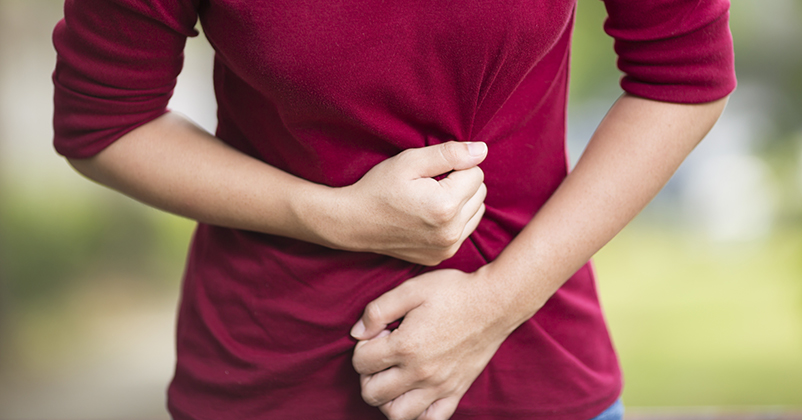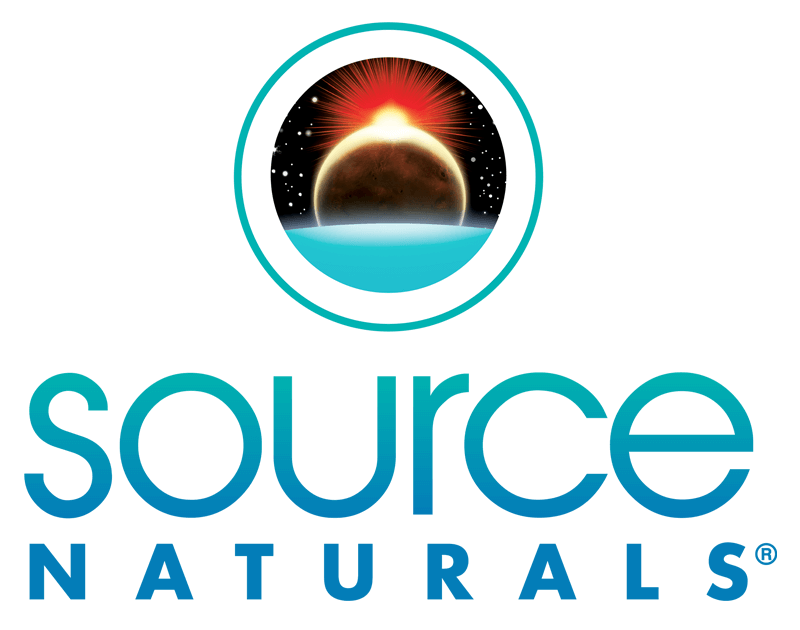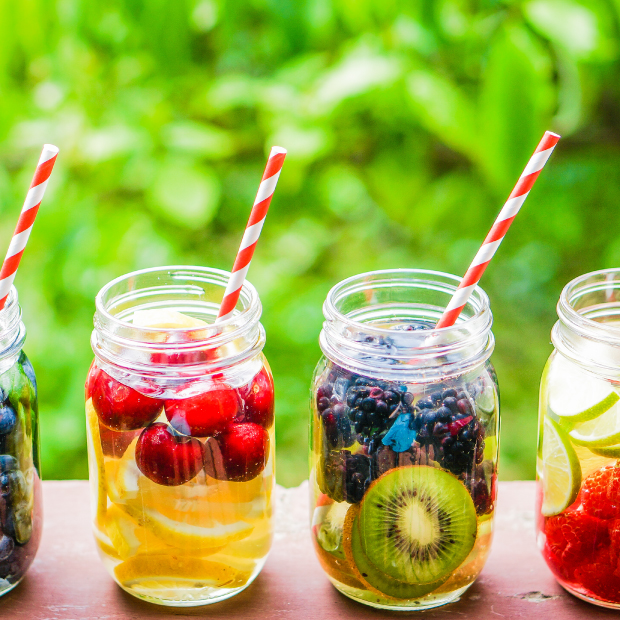
Too much processed, low-fiber, fatty, and salty food may cause intestinal distress. Here are natural ways to keep your digestion on track.
Digesting food
The first step in the digestive process is breaking down food nutrients that can be absorbed and used by the body. Enzymes found in plant foods such as papain, found in papaya and bromelain, from pineapples help digest the proteins in food.
Eliminating waste
The key to helping your intestines and colon stay healthy is fiber, but most people are fiber deficient. Fiber speeds the transit time of food passing through the GI tract. Fruits and whole grains as well as beans and some vegetables are good sources of fiber.
Absorbing nutrients
Even if we eat the foods our body needs, it won’t do any good unless the food is digested and absorbed into the bloodstream. Hawthorn, long used as a digestive aid, can be an important supplement for those concerned about absorption and assimilation of nutrients.
Normalizing the bacteria
The first line of defense against unwelcome foreign invaders of the body are the 400 species of good bacteria, or probiotics, that live in the colon. Bifodobacteria bifidum and lactobacillus acidophilus are two of the main strains of these good bacteria. They help balance the intestinal microflora by stopping or slowing the growth of harmful bacteria and promoting good digestion.
Reprinted with changes from DeliciousLiving.com, by permission of publisher and wikiHow, a wiki building the world’s largest, highest quality how to manual.









